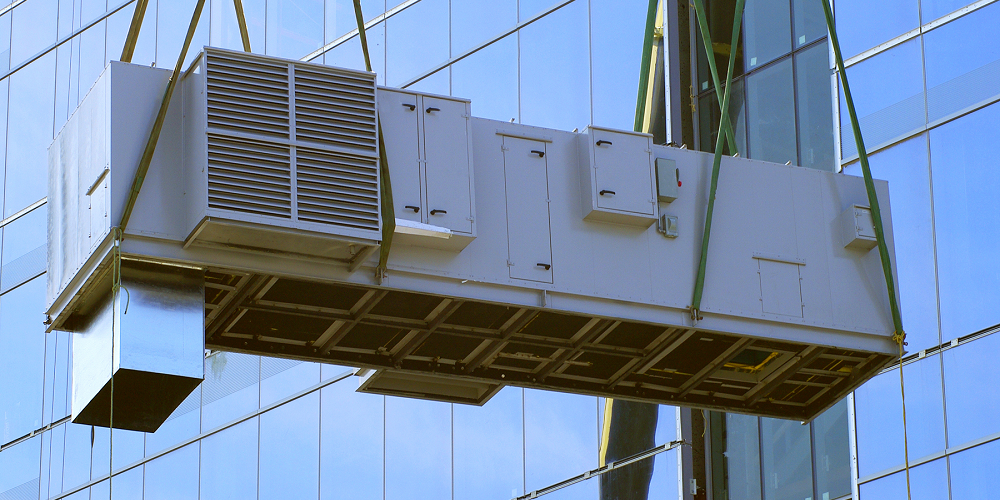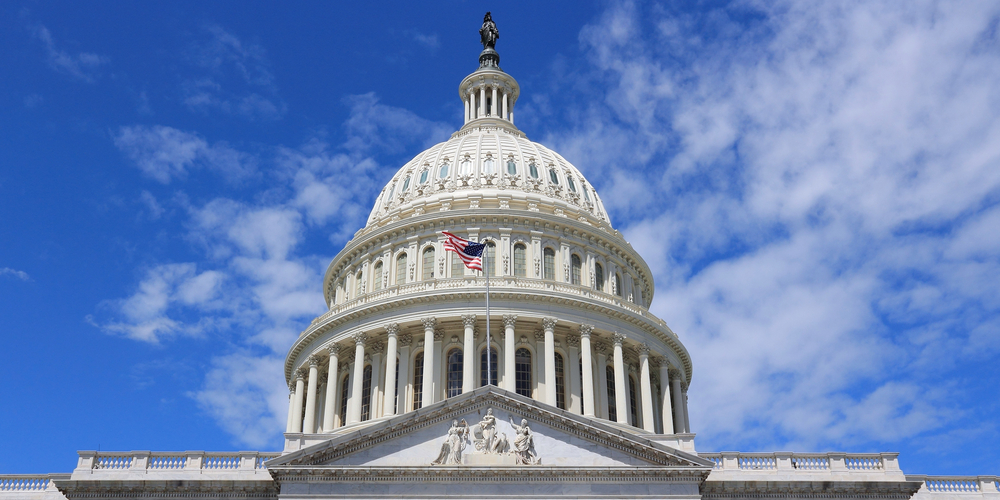Tax Policy
Tax Policy
Tax incentives are a proven tool for encouraging consumers and businesses to adopt energy efficiency, stimulating construction, manufacturing, and other economic activity while significantly reducing carbon emissions and lowering energy bills.
The Issue
Tax incentives are among the most effective policies available for encouraging consumers and businesses to adopt energy-efficient upgrades. Tax breaks for installing insulation or buying a high-efficiency air conditioner, for example, can have a significant impact in reducing collective energy consumption. In addition to saving consumers and businesses money on utility bills, such incentives can stimulate economic activity, create jobs in manufacturing and installing new equipment, stabilize demand on the grid, and reduce carbon emissions. In fact, a Department of Energy (DOE) study found that increasing tax incentives could avoid carbon emissions at a scale equivalent to eliminating the energy use of half of all U.S. households for an entire year.
A DOE analysis of a homeowner energy efficiency tax incentive found that increasing the incentive for air conditioners, water heaters, and other equipment and extending the incentive for 10 years would result in a 278% boost in sales of high-efficiency products and $52 billion in consumer energy bill savings.
Despite these benefits, the U.S. tax code has failed to adequately incentivize energy efficiency, even as tax incentives have been in place for decades for a wide variety of generation sources – from oil and gas to wind, solar and nuclear power. Three primary incentives encouraging efficiency in homes and buildings have had a muted effect in recent years as they have grown outdated and as Congress has allowed them to lapse repeatedly since they were initially adopted in 2005.
The Solution
The Alliance supports modernizing and expanding key tax incentives to give consumers and businesses the certainty they need to invest. Homes and buildings are particularly important because they account for nearly 40% of U.S. carbon emissions and are likely to be in use for 50 to 100 years.
In addition to efficiency incentives for homes and buildings, the Alliance strongly supports incentives that improve efficiency in transportation, such as for electric vehicles and mass transit, and in the industrial sector, such as combined heat and power.
Without meaningful efficiency incentives, we are effectively locking in decades of wasted energy, unnecessary consumer costs, and harmful carbon emissions. The absence of incentives is also a missed opportunity to stimulate billions of dollars in economic activity, particularly in the construction and manufacturing industries which account for seven in 10 of the 2.1 million energy efficiency jobs in the U.S.
Tax Policy RESOURCES
STAY EMPOWERED
Help the Alliance advocate for policies to use energy more efficiently – supporting job creation, reduced emissions, and lower costs. Contact your member of Congress.
Energy efficiency is smart, nonpartisan, and practical. So are we. Our strength comes from an unparalleled group of Alliance Associates working collaboratively under the Alliance umbrella to pave the way for energy efficiency gains.
The power of efficiency is in your hands. Supporting the Alliance means supporting a vision for using energy more productively to achieve economic growth, a cleaner environment, and greater energy security, affordability, and reliability.




